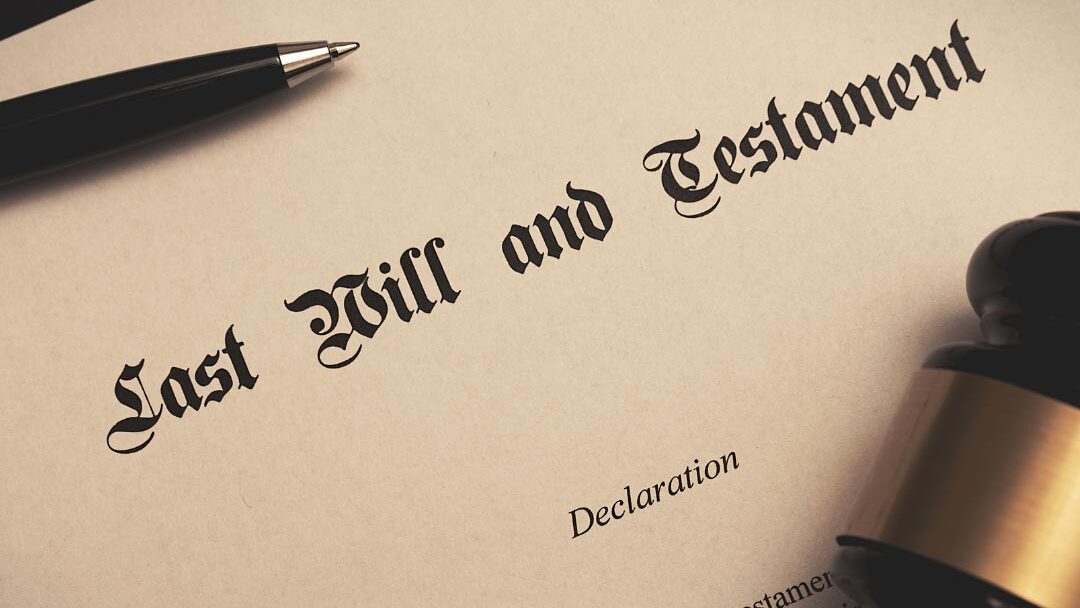
When it comes to estate planning, you’ve probably heard advice like, “You need a trust” or “Avoid probate at all costs.” While these ideas might hold true for some, not everyone needs a trust, and probate can sometimes be an appropriate step. Understanding these topics can help you make informed decisions for your family. Let’s break down why:
What Is a Trust?
A trust is a legal arrangement that allows you to transfer assets to a Trustee. This person manages the trust for those you want to benefit. One of the advantages is that it helps avoid probate—the court-supervised process of transfering your assets after death. Trusts can provide an additional level of privacy, speed up the transfer of assets, and offer protection for your loved ones in difficult times.
Disadvantages of a Trust
While trusts offer many benefits, they aren’t essential for everyone. For example:
- Simpler Estates May Not Require a Trust
If your estate is fairly small, a trust may be unnecessary. Many people can pass on their assets effectively through other methods, like beneficiary designations or joint ownership, without needing the structure or expense of a trust. - Trusts Can Be Expensive
Setting up a trust requires meeting with an attorney to prepare the trust documents and potentially hiring professionals to administer it, which can be costly. For some individuals, these expenses outweigh the potential benefits, particularly if there are simpler ways to achieve the same goals. For example, if your family is in agreement, the Court can waive the requirement of making your assets public. - Trusts Need Active Management
Once a trust is created, it needs ongoing attention. You have to transfer assets into the trust, update it as your financial situation changes, and ensure that it remains aligned with your wishes. This level of involvement is unnecessary if simpler tools can efficiently achieve your goals.
How to Save Money on Your Estate Plan with a Will vs. Trust
You’ve probably heard that you want to avoid probate. But in many cases, it’s not as bad as you may think. In fact, sometimes it’s a good thing!
- In Some States, Probate Is Streamlined
Each state has its own process for probate. Some states, like California and Florida, are complex enough that having a trust is a good idea for most people. However, in Tennessee, probate can be relatively quick, inexpensive, and straightforward, making it less of a concern. Of course, it’s a good idea to listen to your attorney about what is best for your family. - It Provides Oversight
Probate ensures that a court oversees the distribution of assets, which can be beneficial for resolving disputes or ensuring that creditors are paid. For families with potential disagreements, this legal oversight might prevent further conflicts. - Not All Assets Go Through Probate
Assets such as life insurance policies, retirement accounts, and some jointly owned property pass directly to beneficiaries. If your estate consists of these types of assets, putting them in a trust may not make much sense. In fact, many people structure their estate planning so that nothing will go through probate and then use a will as a back-up plan. (Because you know we always want to have a back-up plan!)
Is a Trust Right for Me?
While it may not be for everyone, a trust may be a good choice if:
- You have a large or complex estate.
- You own property in multiple states (which could trigger probate in each state).
- You want to maintain privacy regarding the distribution of your assets.
- You have minor children or beneficiaries who require special care.
Depending on your situation, your attorney may even recommend using a trust as a part of your will, which can be less expensive and time-consuming than creating a stand-alone trust.
Estate planning is not one-size-fits-all, and the decision to create a trust should be tailored to your unique situation. Your estate planning attorney should be able to help you weigh the costs and benefits, address any “what ifs, and explain how the plan reflects your goals. Ultimately, the key is to create a plan that provides peace of mind for you and your loved ones, whatever form that may take.
If you have questions about trusts or other estate planning tools, reach out to our office. We’re here to help you navigate the process and make the best choices for your future.

